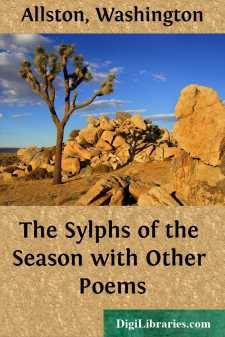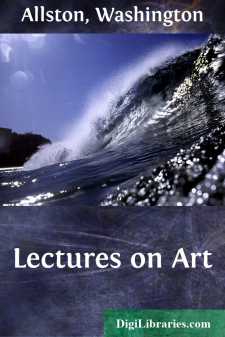Categories
- Antiques & Collectibles 13
- Architecture 36
- Art 48
- Bibles 22
- Biography & Autobiography 813
- Body, Mind & Spirit 142
- Business & Economics 28
- Children's Books 17
- Children's Fiction 14
- Computers 4
- Cooking 94
- Crafts & Hobbies 4
- Drama 346
- Education 46
- Family & Relationships 57
- Fiction 11829
- Games 19
- Gardening 17
- Health & Fitness 34
- History 1377
- House & Home 1
- Humor 147
- Juvenile Fiction 1873
- Juvenile Nonfiction 202
- Language Arts & Disciplines 88
- Law 16
- Literary Collections 686
- Literary Criticism 179
- Mathematics 13
- Medical 41
- Music 40
- Nature 179
- Non-Classifiable 1768
- Performing Arts 7
- Periodicals 1453
- Philosophy 64
- Photography 2
- Poetry 896
- Political Science 203
- Psychology 42
- Reference 154
- Religion 513
- Science 126
- Self-Help 84
- Social Science 81
- Sports & Recreation 34
- Study Aids 3
- Technology & Engineering 59
- Transportation 23
- Travel 463
- True Crime 29
Washington Allston
Washington Allston (1779–1843) was an American painter and writer, known for his contributions to both the arts and literature. He is often called the "American Titian" for his Romantic landscape and historical paintings. As a writer, Allston published poetry and prose, including his novel "Monaldi" in 1841, which explores themes of guilt and psychological torment. His work, both literary and artistic, greatly influenced the American Romantic movement.
Author's Books:
Sort by:
The Sylphs of the Seasons. Long has it been my fate to hearThe slave of Mammon, with a sneer, My indolence reprove.Ah, little knows he of the care,The toil, the hardship that I bear,While lolling in my elbow-chair, And seeming scarce to move: For, mounted on the Poet's steed,I there my ceaseless journey speed O'er mountain, wood, and stream:And oft within a little day'Mid comets...
more...
Lectures on Art. Preliminary Note. Ideas. As the word idea will frequently occur, and will be found also to hold an important relation to our present subject, we shall endeavour, in limine, to possess our readers of the particular sense in which we understand and apply it. An Idea, then, according to our apprehension, is the highest or most perfect form in which any thing, whether of the physical, the...
more...



